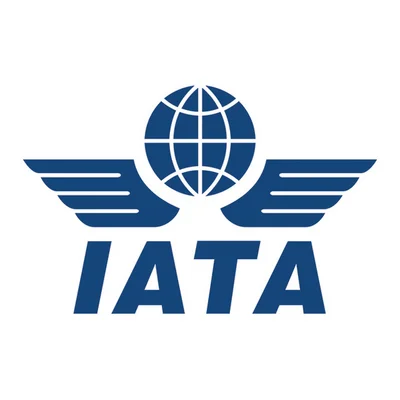Currently, Iberia operates a widebody fleet comprising 19 A330-200s, 10 A330-300s, and 22 A350-900s. The narrowbody fleet includes three A319s, 24 A320s, 18 A320neos, 13 A321s, 12 A321neos, and three A321XLRs. The airline plans to retire older models like the A319, A320ceo, and A321ceo in favor of more efficient options like the A320neo and A321neo.
This renewal supports Iberia's decarbonization efforts by reducing fuel consumption and emissions on European and regional routes. Currently on order are 14 A320neos, five A321XLRs, and nine additional A350s.
Iberia's new long-haul aircraft will bolster transatlantic expansion with new routes to Toronto, Philadelphia, and Monterrey following previous additions such as Recife and Orlando. Frequency increases on existing high-demand routes are planned as part of strengthening its long-haul market presence.
Over the past year, the airline has increased flight frequencies across various markets including Latin America destinations like Mexico City and Buenos Aires; U.S. cities such as Boston; Tokyo in Asia; and several European cities including Barcelona.
Iberia Express continues to play a key role in short- and medium-haul operations despite earlier speculations about its future due to union negotiations. As reported by Spanish news agency EFE, there are no plans to shut down this subsidiary which operates much of Iberia’s intra-European network.
Apart from fleet updates and network growth, Iberia is investing in passenger experience enhancements by introducing digital tools such as artificial intelligence for personalized services. Long-haul cabins will be renovated for improved comfort with better connectivity options available onboard. On narrowbodies larger overhead bins will be introduced for easier boarding processes on shorter routes.
Additionally, ground services are being upgraded with plans for a new premium lounge at Terminal 4 of Madrid Barajas Airport offering expanded space alongside enhanced amenities catering especially towards business travelers.
 Alerts Sign-up
Alerts Sign-up




































